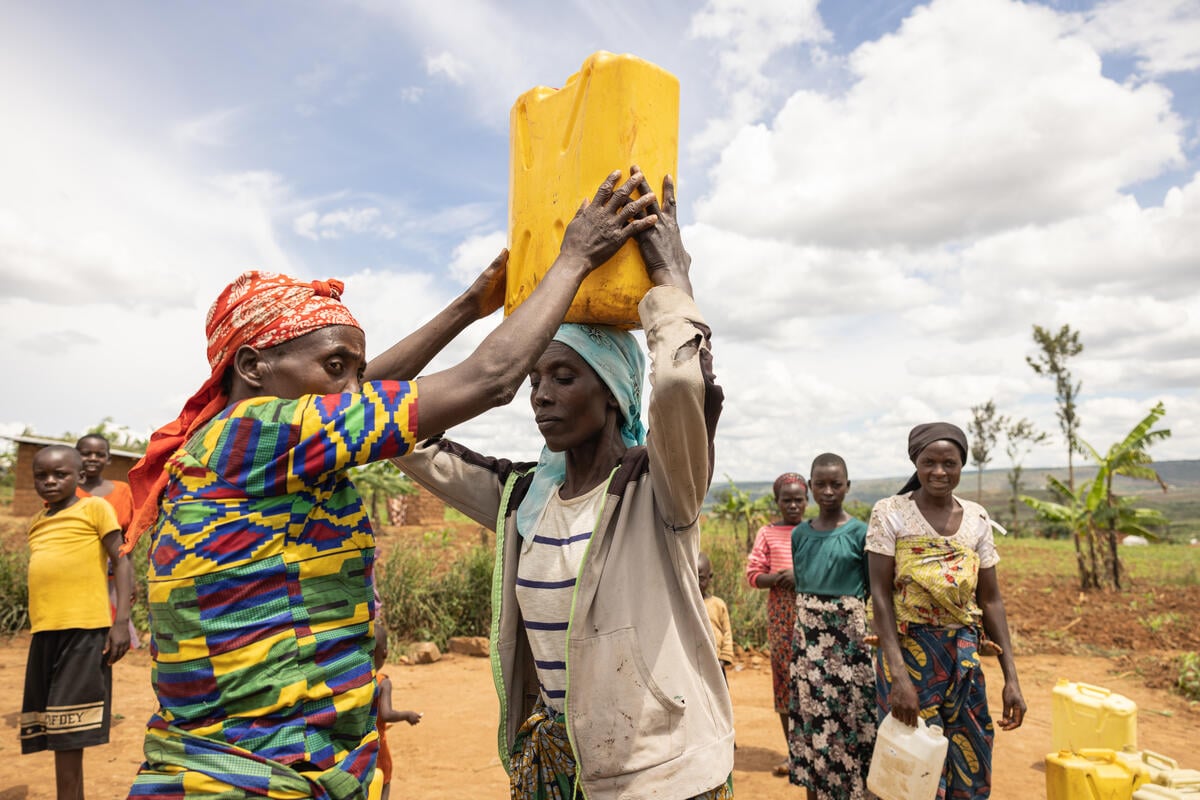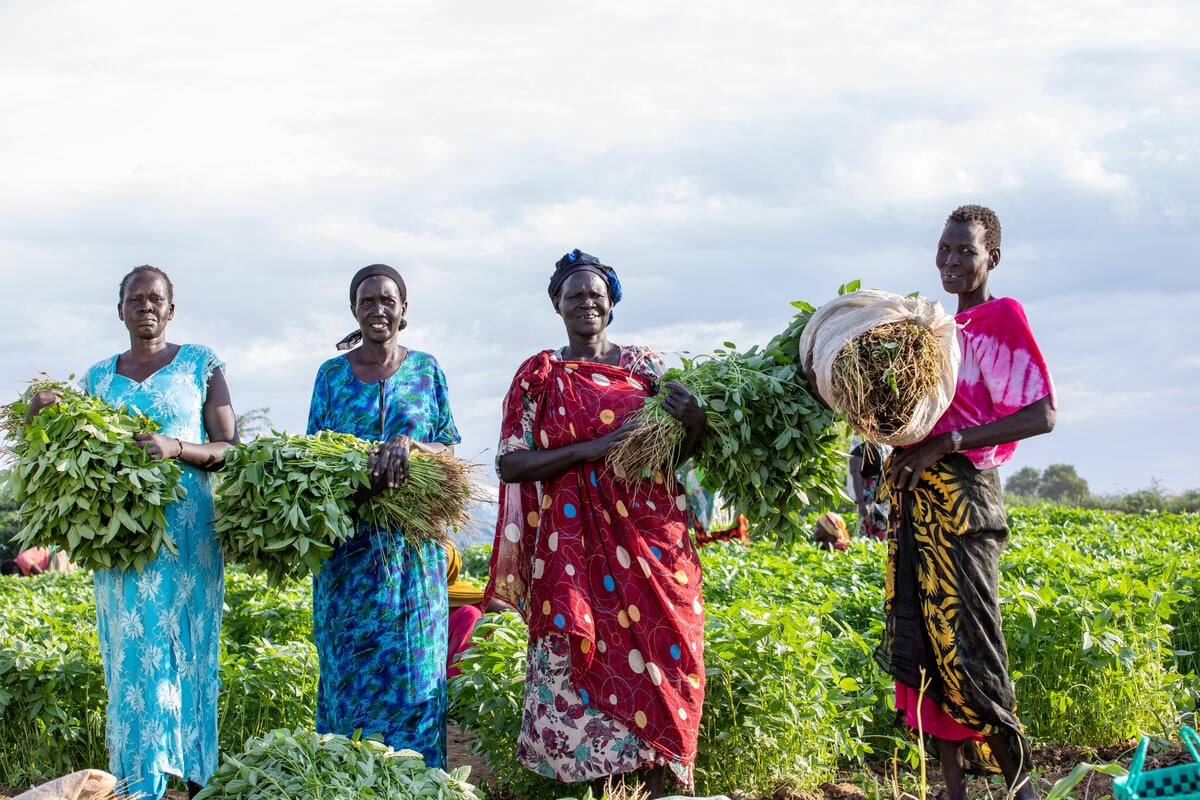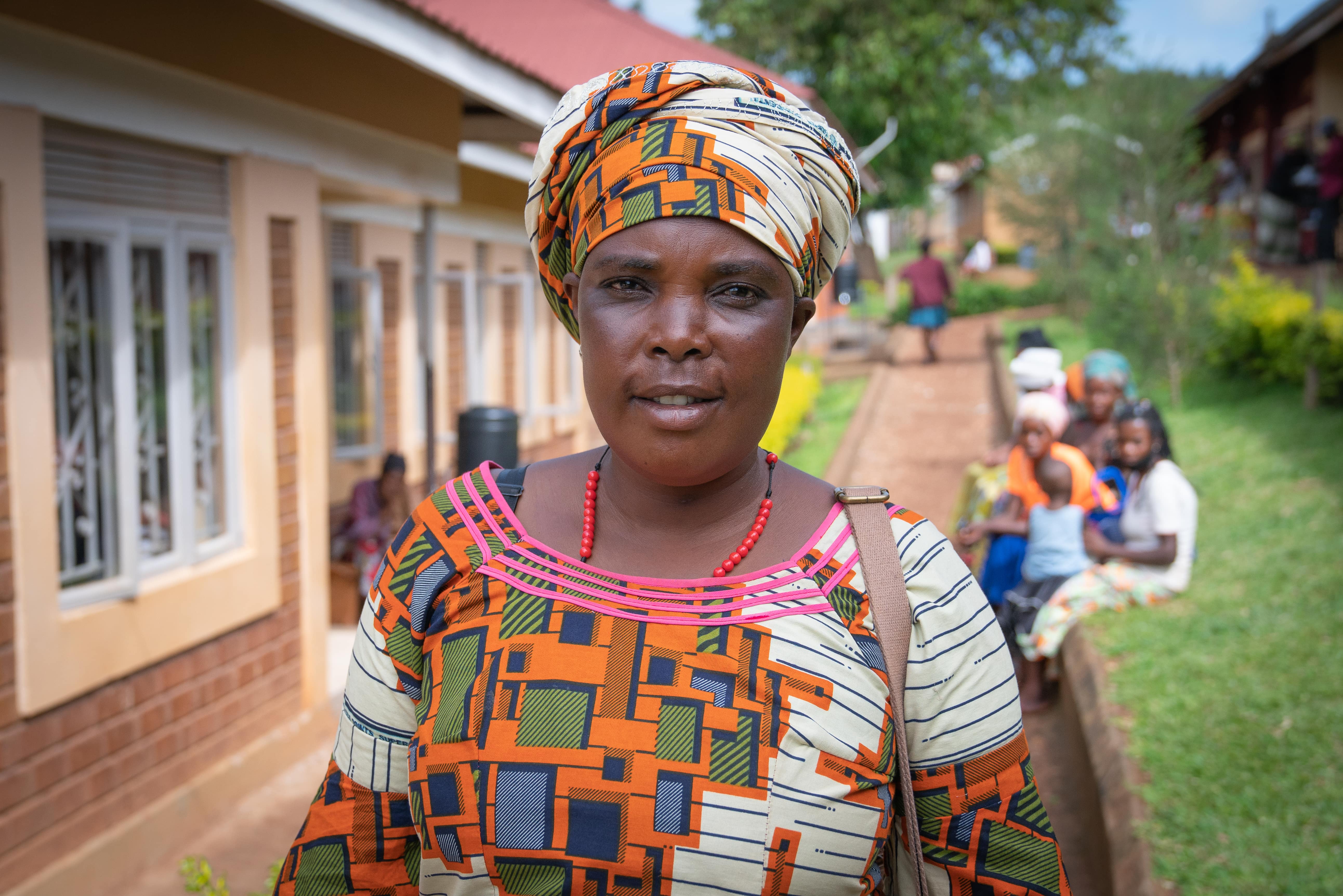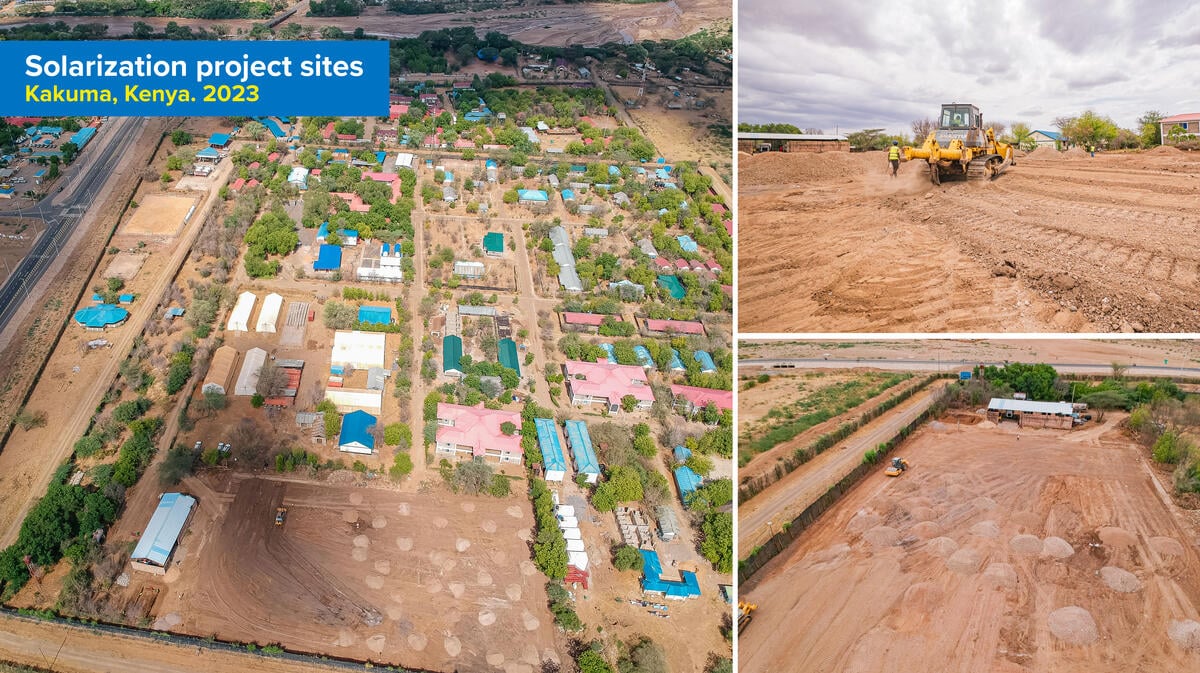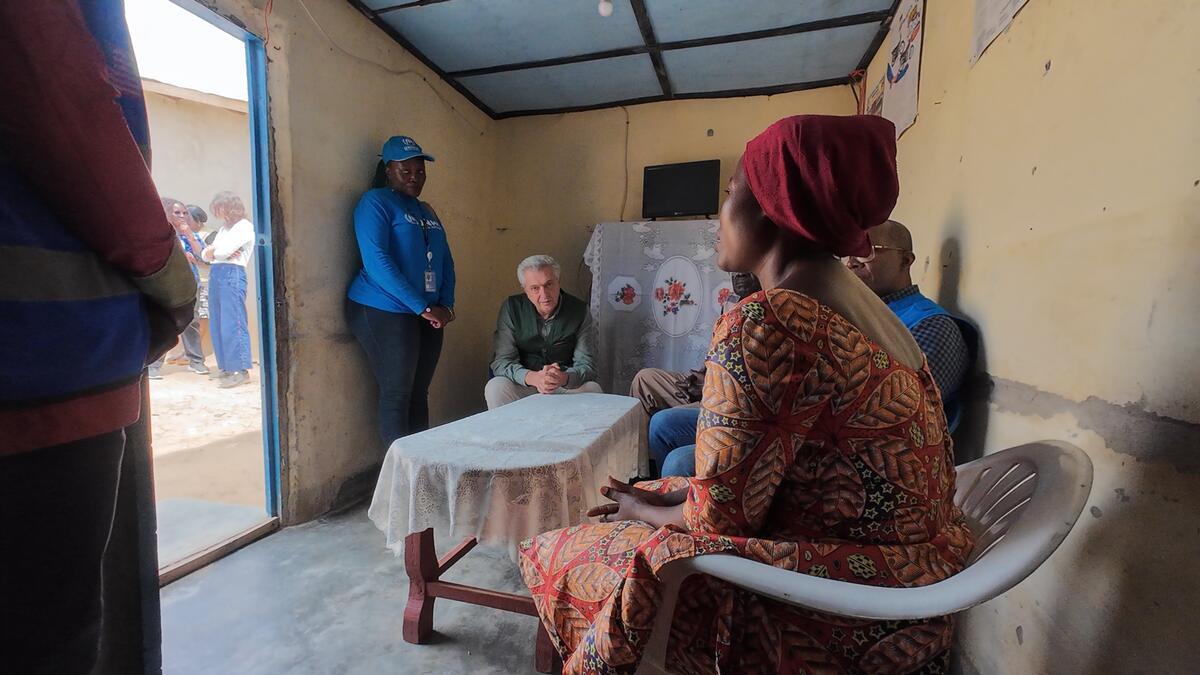OPM, UNHCR and partners call for more funding to support refugees and host communities, as more people continue to flee to Uganda
OPM, UNHCR and partners call for more funding to support refugees and host communities, as more people continue to flee to Uganda

KAMPALA, Uganda - The Office of the Prime Minister (OPM), UNHCR, the UN Refugee Agency and partners responding to the region’s biggest refugee situation launched an appeal to donors for US $927 million to address the needs of the over 1.3 million refugees expected to be in Uganda by end of 2020. The appeal also seeks assistance to continue supporting refugee hosting districts.
Ongoing violation of human rights by armed groups and military activities in eastern Democratic Republic of the Congo (DRC) and continuing tension along ethnic lines in South Sudan in particular are pushing hundreds of people to flee for their lives and take refuge in Uganda on a daily basis.
Over 100 national and international organisations and UN agencies are partnering with UNHCR and OPM in the current Refugee Response Plan (RRP). The Plan includes interventions to ensure the provision of water and sanitation, health and nutrition, food, shelter, education, environmental protection, livelihood support, and protection services.
The major priorities, according to the RRP stakeholders are protection and emergency response, increasing education opportunities, restoring the environment and supporting livelihoods. These priorities, in particular education and environment, are key to ensuring a positive impact on the host communities, and are crucial to sustain peaceful co-existence between the refugee and host communities and sustain the generosity of Uganda.
The RRP includes interventions to increase the capacity of local service providers including district authorities. Around a quarter of the recipients of education and health services established through the refugee response are local Ugandans. Many more interventions target refugee and host communities equally and seek to build resilience and self-reliance.
The Plan was revised with a small reduction in the overall budget requirements, following verification of the numbers of refugees registered in Uganda in 2018. The population figures include the new arrivals since then. Uganda currently hosts 1.25 million refugees. The refugee population is anticipated to grow to 1.3 million individuals by the end of 2020, taking into account likely scenarios for limited influxes, population growth, and some spontaneous returns.
The appeal comes at a time when RRP partners are witnessing a critical funding shortage for the refugee response in Uganda.
“Uganda needs urgent financial support and solidarity from our partners to enable us to continue coping with increasing numbers of refugees and be able to receive, register, allocate land and settle them, while at the same time, supporting communities that host them,” said Hon. Eng Hilary Onek, the Minister for Disaster Preparedness and Refugee Management.
Currently UNHCR and RRP partners are facing enormous challenges in stabilising existing services in the settlements, meeting minimum standards of service provision, operating and maintaining water, health and education infrastructure including access roads and logistics. The ability to invest in a timely manner in long-term and more sustainable interventions is also severely compromised.
In 2018, only 57 per cent of the RRP budget was funded, leaving many unmet needs. The contributions in 2019 have been particularly slow with less than 20 per cent of the necessary funds received so far.
If the current levels of funding do not increase urgently, the consequences could be drastic, with more children out of school due to cuts to education programmes, a lack of capacity to prevent communicable diseases including Ebola, worsening sanitary conditions, an adverse impact on environment, and a minimized response to Sexual and Gender-Based Violence (SGBV), exacting a heavy toll on women and children, who account for 83 per cent of the refugee population.
Lack of support for host communities could reduce their willingness to share land and resources and increase tensions between communities.
Joel Boutroue, UNHCR Representative in Uganda thanked the donors for their support but also emphasized the need for more international solidarity with Uganda, which has a generous and progressive refugee policy and response.
“Humanitarian funding needs to increase and must be sustained, as long as refugees continue to flee to Uganda and require special protection," he said. "While development actors are also investing more substantially in refugee hosting areas and make a difference in the lives of the host communities, this comes as an important complement to, and cannot replace humanitarian action.”
Read the full version of the RRP here: https://data2.unhcr.org/en/documents/details/69674
Media contacts:
- Julius Mucunguzi -OPM, email julius.mucunguzi@gmail.com, +256 776 210307
- Duniya Aslam Khan-UNHCR email Khand@unhcr.org, +256 772 701101


